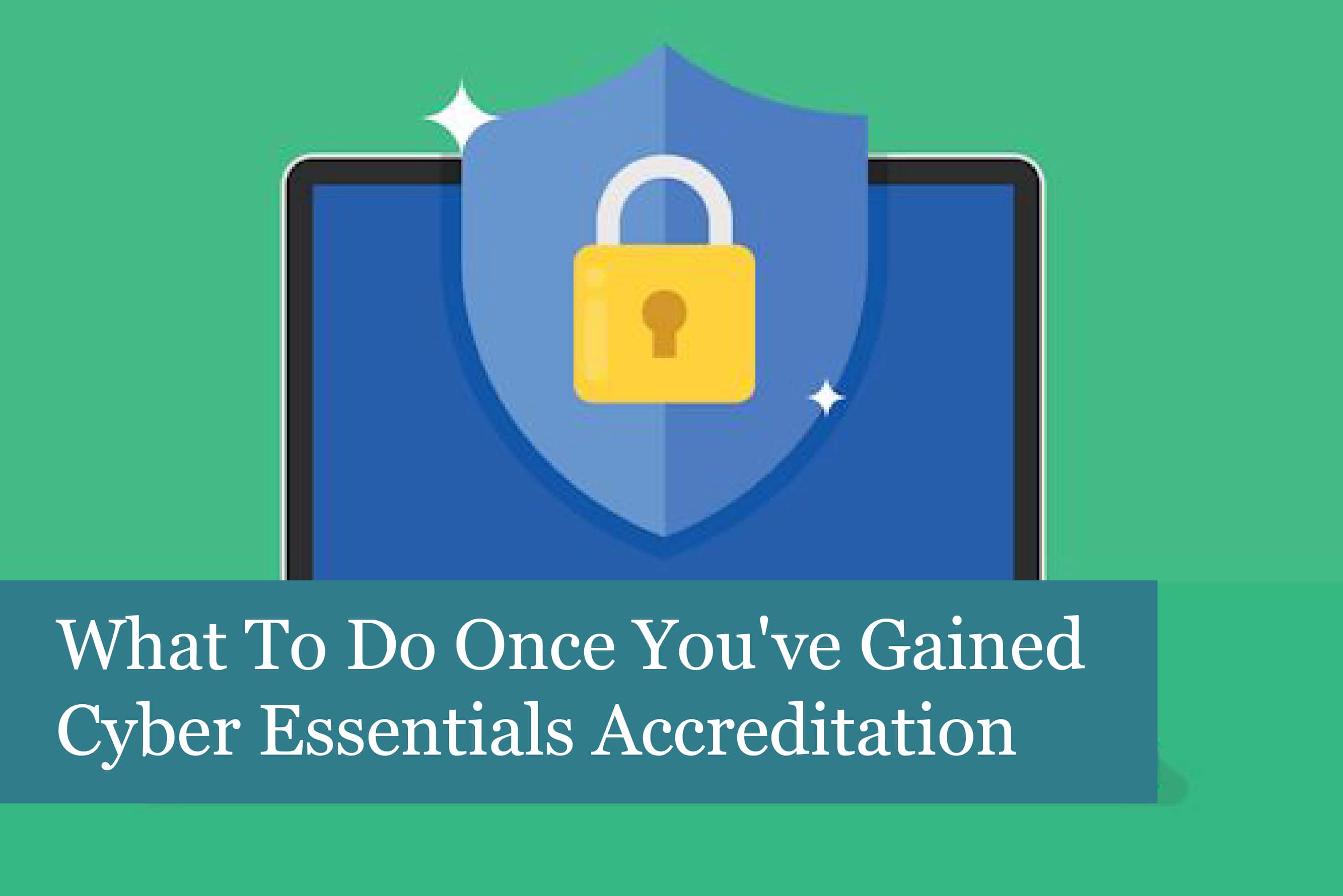
These days it pays to go the extra mail and obtain your cyber essentials accreditation. You’ll gain the knowledge needed to keep your company safe and reach industry and government security compliance. However, it doesn’t stop there. Knowledge alone won’t keep a business safe.
What’s more important is that you take what you’ve learned and put into action. To help put that knowledge to work, we’ve prepared a list of things you can do to increase your company’s overall security.
Vulnerability Assessments
Cybersecurity changes almost on a daily basis. For this reason, it’s imperative to run vulnerability scans regularly. The scans provide you with an up-to-date snapshot on your company’s security.
A vulnerability assessment is the process of identifying vulnerabilities that may exist in your network, hardware, and systems. The information gathered allows IT and/or security teams to determine where issues lay, the types of threats the company may be vulnerable to, and preventive measures that be applied. Then you can take action and find solutions to these issues.
Instead of reacting when there is a data breach, this type of plan helps your company become proactive in defending itself. Plus, you gain insights into the types of threats your company faces and gain the ability to fix them before the worst happens. In other words, you’ll be one step ahead of the criminals.
Vulnerability assessments are done by conducting a vulnerability scan. The scan can either be done in-house or outsourced to an experienced security testing company.
Think of this as an extra layer to your overall security plan. This is something that’s easy to do and makes your company more secure.
Staff Awareness
It’s a fact that about 90% of data breaches [SV1] in the UK are caused by human error. That means anyone in your company could accidentally cause a data breach by accident. This is why raising staff awareness about cybersecurity is important. It’s not only raising their awareness on this issue but they also learn how one lapse on their part could lead to disaster. Employees are the weakest link when it comes to cyber security.
Each person in the company, from the CEO on down, is crucial to keeping company data safe. For these reasons, it’s essential to conduct regular security training within the company. Not only will everyone know the types of threats they’re faced with on a daily basis, but they’ll also learn what steps they can do to keep the company safe.
In addition to training, the company should put policies and procedures in place that provide express details on expectations and obligations on cyber security measures in writing. These need to be easy and clear for everyone to access and written down so they can be used as a reference.
A one-time training is not enough. Instead, the company will need to commit to ongoing cyber security awareness training. This training should be mandatory for everyone in the company.
This doesn’t have to be all doom and gloom, either. You can make it fun by quizzing employees every so often. Help them determine their knowledge and awareness of cyber security issues. Not only can this be made into a contest, but it keeps security front and centre in everyone’s minds.
Use an Independent Assessment
Independent risk security auditors can offer a wide range of assessments to conduct a security audit. While these can be done in-house, it’s also a good idea to bring in a security auditor to run checks and assessments on the company.
Security auditors provide assessments such as:
- Security posture assessment: does your security plan follow best practices? Are you taking a reactive or proactive stance on cyber security? These are only a couple of the questions the assessment will answer.
- Regulations assessment: this type of assessment reviews your security policies and compares them required government and industry regulations.
- IT infrastructure: will conduct an inventory of your IT architecture, software, hardware, and how they connect with one another.
- Application assessment: identifies specific software and applications that may pose a security issue.
- Vulnerability assessment: reviews and assesses your company’s controls to reduce potential vulnerabilities.
- Penetration test: this is an assessment that is sometimes called an “ethical hack.” That’s because the security auditor conducts a test hack of your network to find areas that can be exploited. The auditor may conduct the test on their own; however, many use a team of ethical hackers to conduct pen tests.
Stay Up to Date on Cyber Security Measures
Because cyber security is always changing, it’s not enough to conduct tests, trainings, and assessments. It’s also necessary to stay up to date on cyber security issues and measures.
You can do this by reading a variety of content sources on a regular basis. Some sources tend to provide a general overview, while others provide more specific information. Reading a number of sources means that you’ll have a balanced view and knowledge of cyber security issues.
One place to start may be with the IT Governance Blog[SV2] , where you’ll find some great information on many aspects of cyber security.
Additional sources of information include your security assessment auditor, videos and podcasts, and more. You may even assign the task of gathering information to those within the company who are responsible for cyber security. It’s possible to even break the information down into specific topics and have one responsible for each topic. Then you could conduct regular meetings to bring all the information together and do an assessment of how the data affects your company.
Summing It Up
Cyber Essentials is a great way to gain information and awareness of cyber security issues. However, with the constantly changing cyber security environment, it’s necessary to take a proactive role to keep your business safe from cybercriminals.
Following the steps lined out above, the information you’ve learned can be put into practice. In the end, the business will be more secure. This includes security audits, employee training, and staying knowledgeable. You’ll stay ahead of the criminals and the company will be safer and prepared in case the worst does happen.
Recommended Posts

Prepare for Windows 10 End of Life: What You Need to Know
18th July 2025

5 Ways Cloud-Based IT Solutions Can Empower Your UK Business
12th July 2025

Are you making the most of your Microsoft 365 licensing?
4th July 2025
